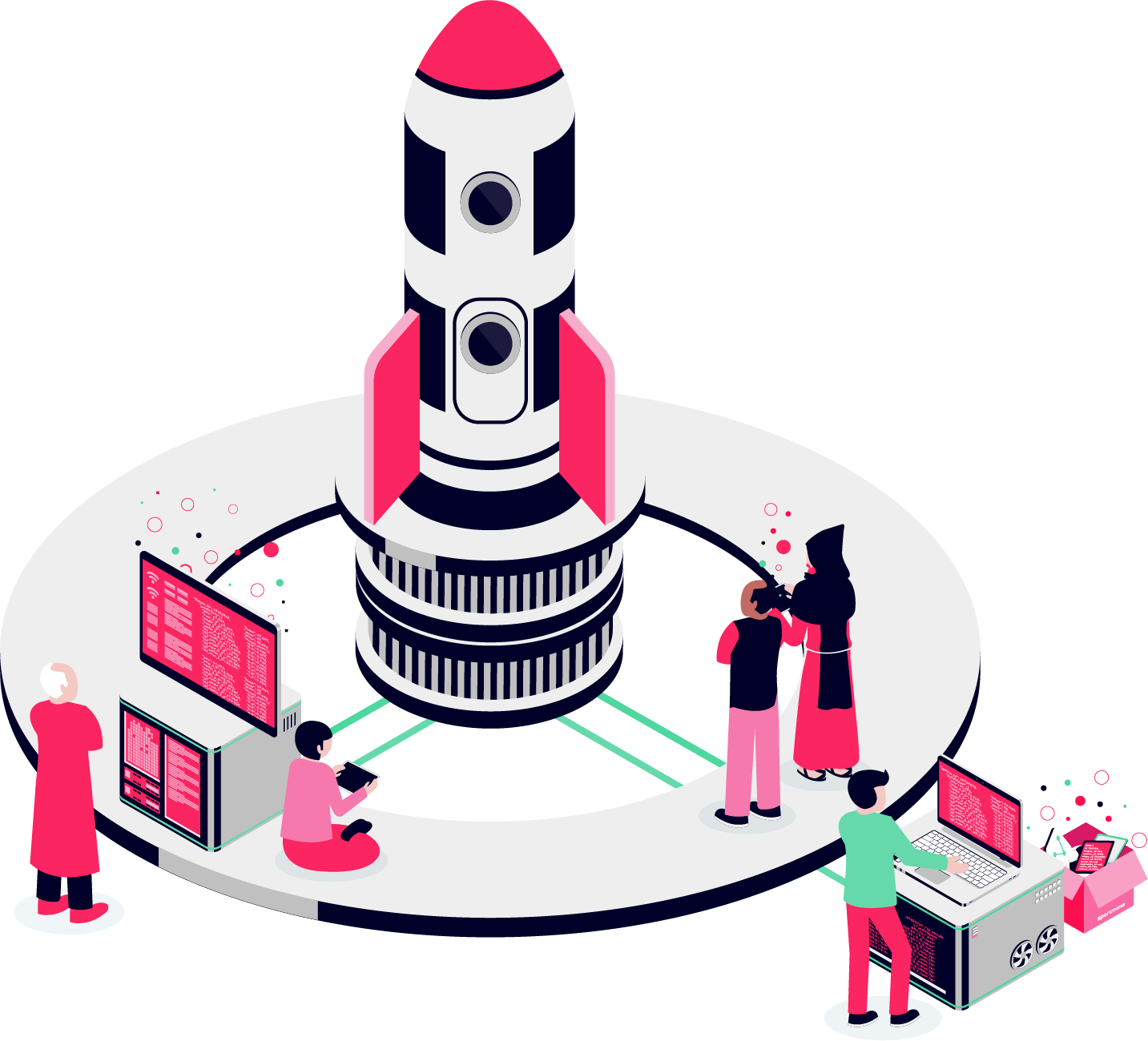

Before the era of Football APIs, accessing real-time football data was a cumbersome task. The first instances of football-related applications were not digital but rather analogue in nature. Fans relied on television broadcasts, radio updates, or printed newspapers to follow their favourite teams. Fans and enthusiasts would gather to discuss the sport, record match statistics, and engage in various forms of football-related activities. Newspapers and magazines began covering football extensively, providing fans with written content and updates on matches.

The digital revolution of the late 20th century changed everything. With the proliferation of the internet, football data started to find its way into databases, laying the foundation for the development of APIs.
In the ever-evolving world of sports technology, Football APIs have emerged as an indispensable tool for fans, developers, and organizations alike. These Application Programming Interfaces (APIs) provide access to a treasure trove of football-related data, from live match scores to historical statistics. In this blog, we’ll take a trip down memory lane to explore the history and evolution of Football APIs, highlighting their role in shaping the way we experience the beautiful game.
The first football data sources were often manually curated websites and forums. Enthusiastic fans would compile statistics, match schedules, and player information, making them available to others through basic web interfaces. These early efforts set the stage for more structured data delivery.
As the demand for real-time football data grew, so did the need for more powerful and versatile data delivery methods. This led to the development of dedicated Football APIs.
The Guardian Football API (2010)
One of the earliest notable Football APIs was The Guardian’s Football API, launched in 2010. It provided access to a wealth of football-related content, including match reports, live scores, and player statistics. This marked a crucial moment in the democratization of football data, as developers and startups began to leverage this API to build innovative football-related applications.
Opta Sports (2012)
Opta, a leading sports data provider, introduced its football data API in 2012. This API offered detailed statistics, player performance metrics, and event data for a wide range of football competitions. Opta’s data has become a cornerstone for many football-related applications and analytical tools used by teams, analysts, and fans.
Open Data Initiatives
The football world gradually recognized the importance of data accessibility. Initiatives like the Premier League’s Open Data project (launched in 2016) and other league-specific efforts aimed to make football data openly available to developers. This marked a shift towards greater transparency and innovation within the football industry.

As technology continued to advance, football applications evolved significantly. Today, Football APIs have become a standard feature in the sports technology landscape. Numerous providers offer APIs that cover an extensive range of football data, including live scores, player statistics, historical results, and much more. These APIs serve various purposes:
The history of football applications is a testament to the sport’s enduring popularity and its ability to adapt to changing times. From its humble beginnings as an ancient ball game to the modern digital era, football has remained a global passion. Today, football applications offer fans unprecedented access to the sport, connecting them with teams, players, and fellow enthusiasts around the world. As technology continues to advance, football applications will certainly play an even more prominent role in the future, enhancing the way we enjoy the beautiful game.


You can try out the API for free with the 14-day free trial or free plan.
Do you have a great idea after reading this blog of what you want to do? You can try out our API for free with the 14-day free trial for any plan or try out or for-ever free plan which consists of the Danish Superliga and the Scottish Premiership.
Try for free